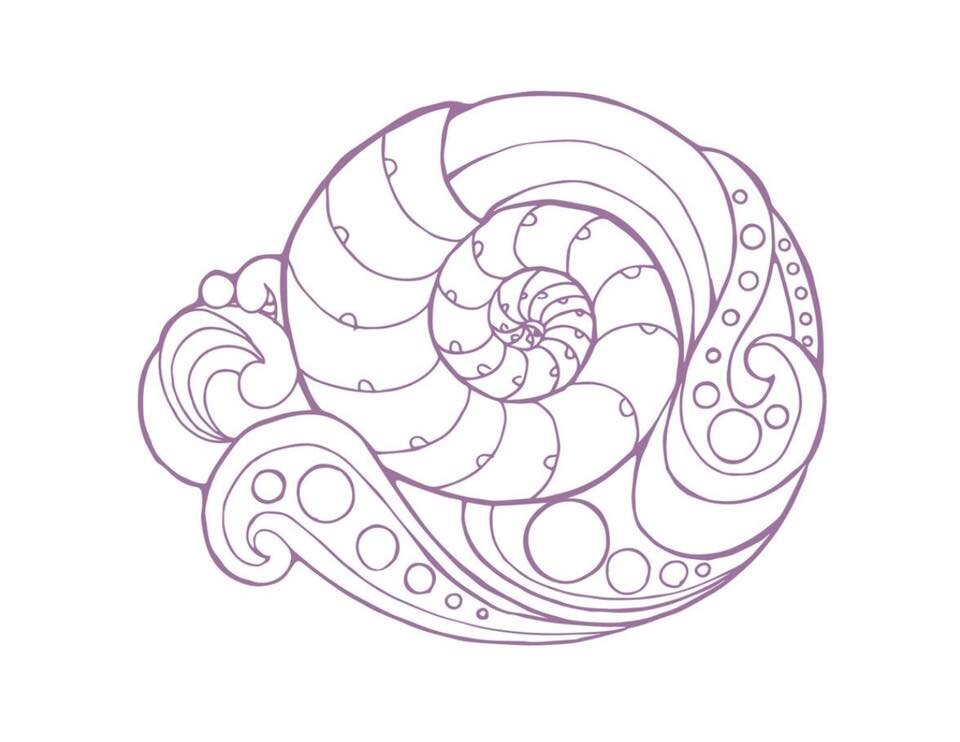Être: To Be
All good philosophers begin with what is. The defining of the terms. The metaphysics. In many regards, this book I’m writing already exists. It breathes within the lives of the women whose stories have shaped it; I’ve even been confronted with the physical fact of printing off all 240+ pages for editing. I have hefted the weight of my own thoughts.
But the cadence of each day begins with the painstaking task of placing one word in front of the other, with asking whether each paragraph is substance or shadow. The editing process is grueling, questionsome. It requires a ruthlessness, but one that discovers what I really meant by a string of words.
And in this transition between the writing and the editing, I ran across some long-forgotten papers: My high school philosophy class final exam. Heady subjects for a seventeen-year-old.
Question #1 of our take-home final exam
Touching these pages more than twenty years later awakens a cache of memories: Pouring through Bartlett’s Quotations in my room to a CD soundtrack of ocean waves, swirling watercolors and Berol Prismacolors in mad midnight frenzies, painstakingly copying my collection of quotes and musings into a small blank book while my family rummaged an outlet mall.
For each of the ten questions, I submitted my own journaling wrapped around quotes that resonated with me, with a picture as an elaboration. The nature of the universe? For my seventeen-year-old self, it was encapsulated in the French verb “Être”, to be.
To Be
“And there was a huge explosion,” my little chapbook reads, “which, as you know, is the quickest way to get things done. The explosion was not the beginning– just the next change . . . We are all divisions of it, down to an elemental level. We change it changes itself.”
In my rush to change, to grow up, to evolve beyond the painful patterns of my past, I can’t help but be filled by wonder at the clarity of my young self, at the truths she perceived, then lost along the way.
Despite all the changes, how similar our inner compasses are. How could she have known how much comfort her words would bring me today? This time capsule reminds me that in my rush to gut the draft of this book, to be ashamed by my awkward phrases and wayward digressions, even here, tender words of wisdom have already taken root.
I’m dreaming of the world where this book is already written. Of the comfort these words will spark in me another twenty years hence.
“Now my suspicion is that the universe is not only queerer than we suppose, but queerer than we can suppose . . . I suspect there are more things in heaven and in earth than are dreamt of in any philosophy . . . And that must be my excuse for dreaming.”
— JOHN HALDANE



